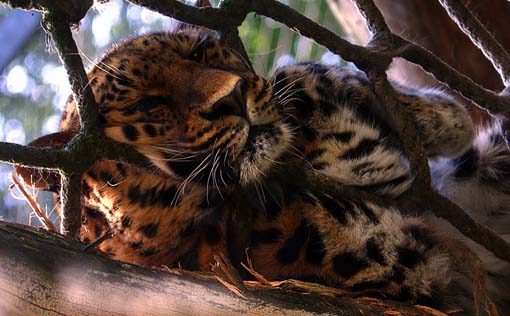The latest major attempt to smuggle wildlife out of the country was reported in The Star. Forty-six pangolins hidden inside a car booth were discovered by the Kedah Department of Wildlife and National Parks (Perhilitan). The pangolins worth RM43,000 were meant for export.
It has in the past been reported that other animals like the Malaysian tiger, the honey bear and various species of monkeys were poached for their body parts. However what we are facing today is not small time poaching but extensive wildlife trafficking, an illicit business running into billions of ringgit.
Over the years Perhilitan has been endeavouring to stamp out this menace without much success. The Law and Enforcement Division of Perhilitan has had more stringent laws passed and sentences increased for convicted wildlife smugglers but this does not seem to have deterred them.
In the second half of 2011 alone a consignment of 664 elephant tusks with a value of RM2.3 million was uncovered in Penang. Two weeks later an even bigger transhipment from Tanzania meant for China consisting of 695 elephant tusks worth RM3 million was uncovered at Port Klang.
It appears Malaysia is is not only gaining adverse publicity with its illegal wildlife trade but is unintentionally on its way to becoming a hub for international wildlife smuggling.
According to Bernama, experts have estimated that the global wildlife trade is US20 billion (RM60 billion) annually, second only to drug trafficking.
Freeland, an organisation “For a world free of wildlife trafficking and human slavery” believes that the man on the street can play his part in eliminating this wildlife debilitating activity by being conscious of and making the following a part of daily living:
• Report any evidence of wildlife trafficking or sale of protected species you notice or hear about.
• Be an informed consumer by finding out where products come from and what they are made of before you purchase them.
• Keep up to date – follow Freeland on Facebook, Twitter, and YouTube. Subscribe to the Freelander e-magazine.
• Keep your family, friends and community leaders informed about the scale and impact of the illegal wildlife trade. Get them to take responsibility too.
The extent of the trade uncovered in Malaysia to date may only be the tip of the iceberg. Perhilitan and other relevant authorities must ensure that the laws enacted are enforced to the maximum. ‘Lizard Kings’ must pay in full for their part in enabling this dismal trade to flourish.











